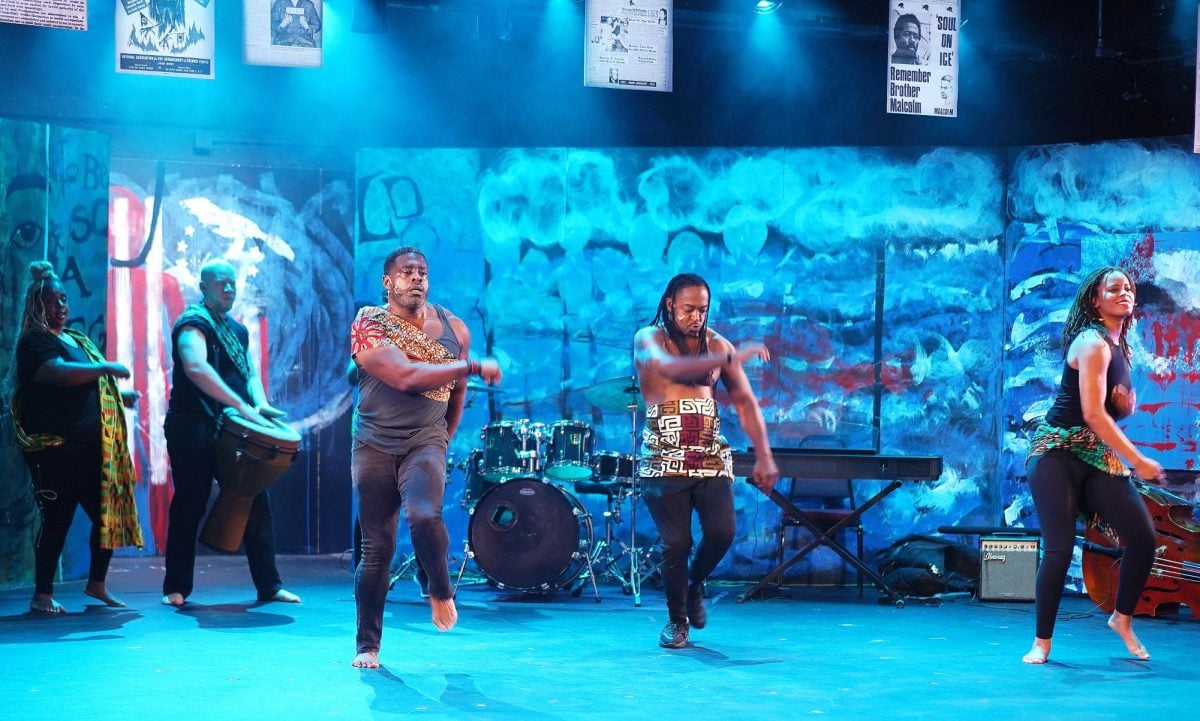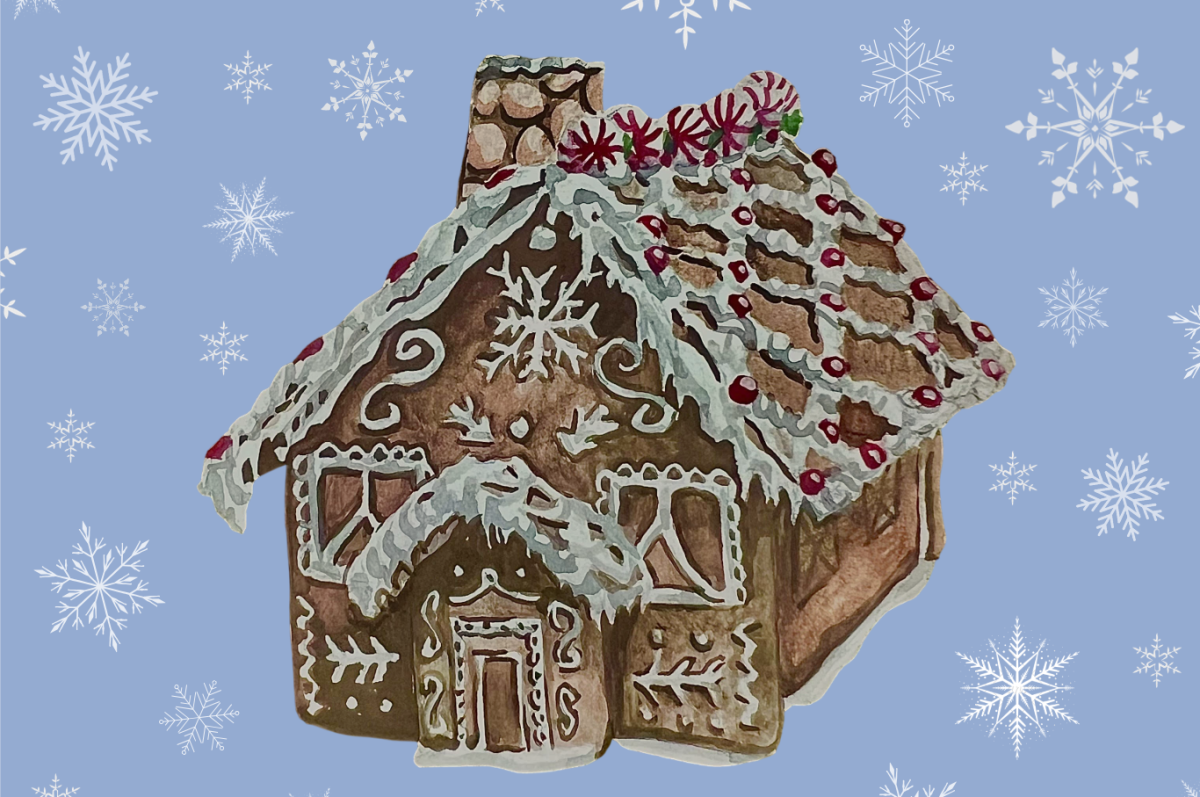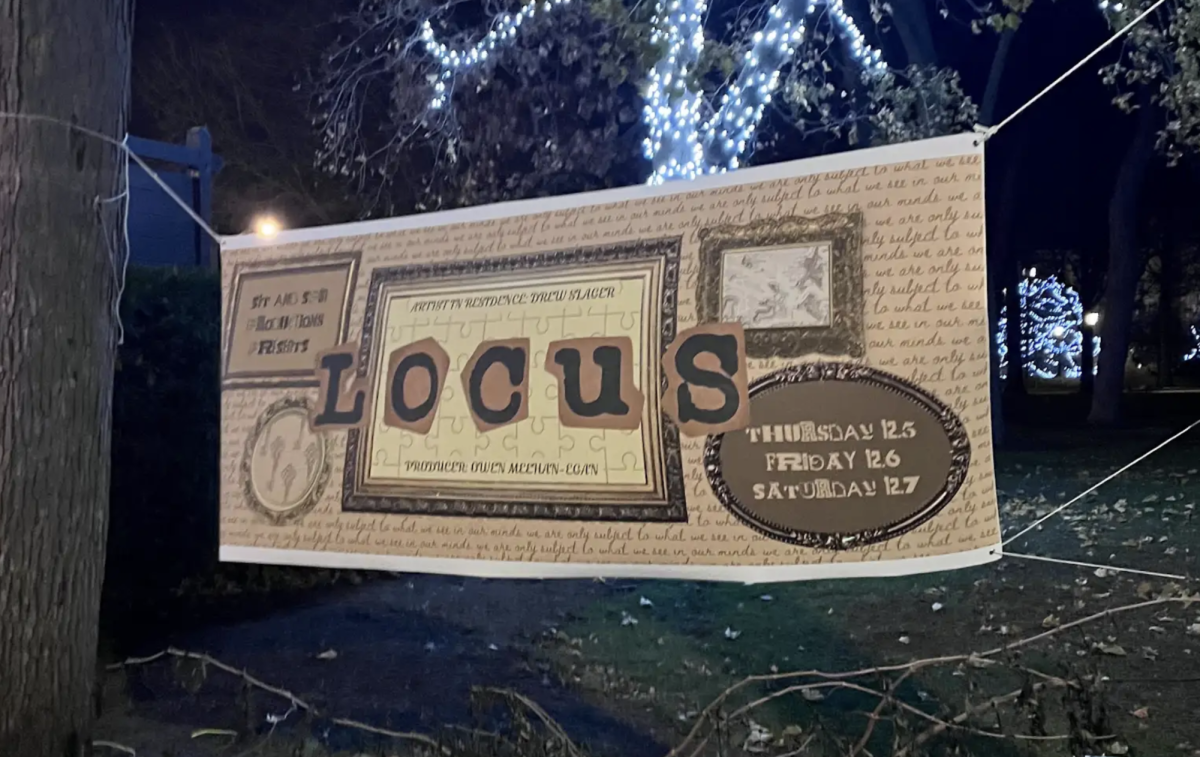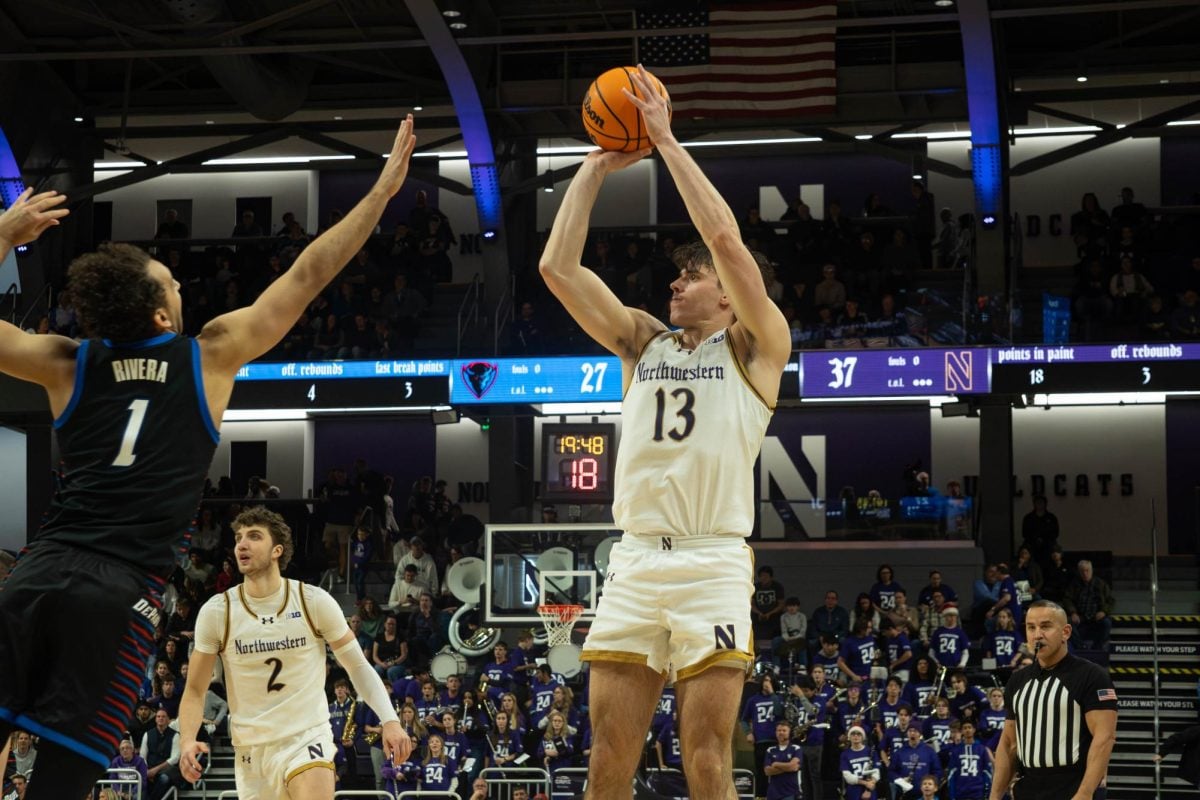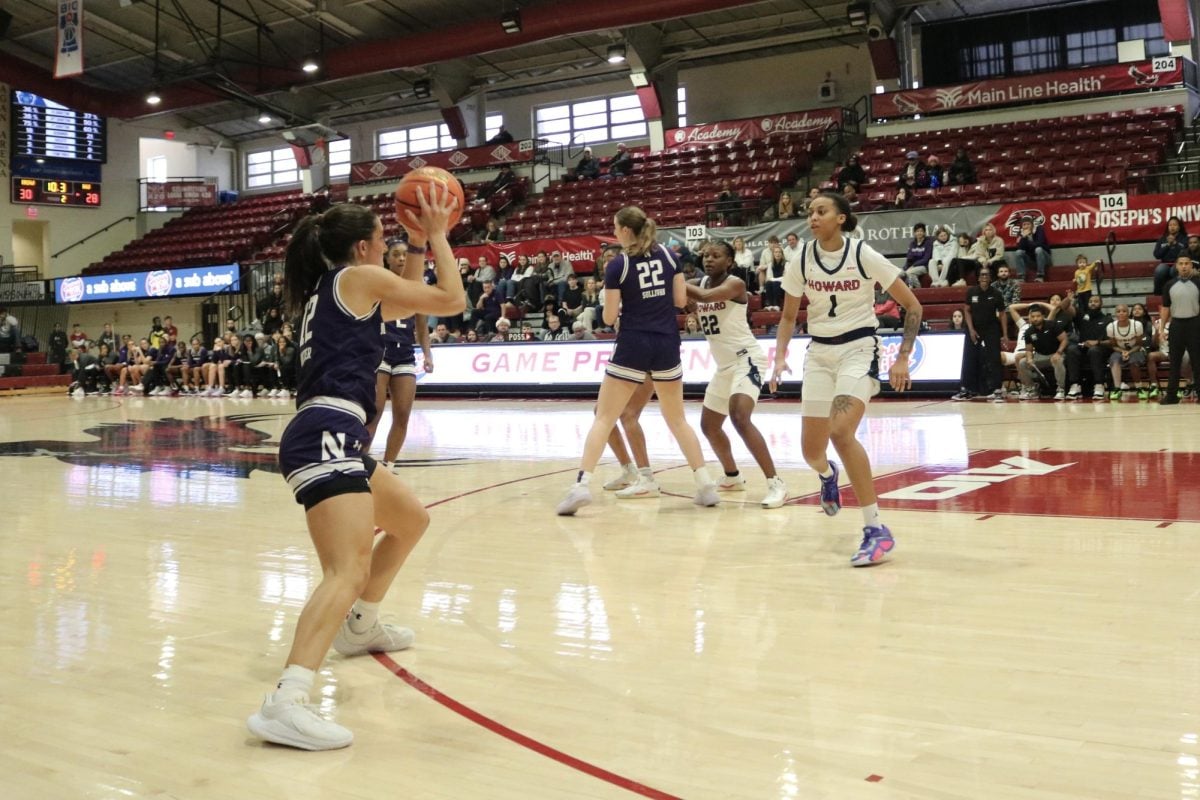In 2019, The New York Times released “The 1619 Project,” a series of essays and other works aimed to reframe the narrative of the United States’ history through the documentation of the beginning of American slavery and its consequences on the nation.
2019 marked the 400-year anniversary of the first 20 enslaved Africans arriving in Virginia, and Kennedy-King College Political Science Prof. Ted Williams III said he wanted to do something to recognize the anniversary as well.
He considered putting on a conference or symposium, but because of his extensive artistic background, he was drawn to do something that was narrative and artistic.
“I think that in education it is critical for us to not only tell these stories, but to see them and participate in the stories because Black history really is American history,” Williams said. “Not only do we understand that this is all of our history but we also have to understand that this country does not go forward without all of us.”
Thus, “1619: The Journey of A People” was born. Directed by Williams and Tim Rhoze, the play follows the journey of African Americans throughout different periods of American history using song, spoken word, dance and music.
“1619: The Journey of A People” begins with a group piece introducing the journey of the musical. It was followed by an exploration of the trans-Atlantic slave trade through an abrasive performance of dance and music.
Other themes explored throughout the musical include the meaning of freedom, mass incarceration, the Great Migration and the Civil Rights Movement.
Williams said his music combines drums from West Africa with rhythms of blues, jazz, hip-hop, pop and R&B. He said he was influenced by the music of Michael Jackson, Janet Jackson, Busta Rhymes and Nas and socially influenced by Paul Robeson and Harry Belafonte.
“There is something that subconsciously connects with us when we hear music and particularly for this story,” Williams said. “As we have this political and social and economic journey, we’re really having a musical journey too because music expresses pain and expresses pleasure.”
“1619: The Journey of A People” features original music including the opening number “The Journey,” “I Thought We Were Free” and “GreatMigration/Chicago.” It also included American classics like “The Star-Spangled Banner,” “Steal Away” and “We Shall Overcome.”
Williams said living in Chicago has led him to meet many talented artists, actors, dancers, singers and designers. Using this network, he created the cast for the show.
Cast member Simbryt Whittington Dortch said she is passionate about the topics of slavery and the history of abuse and trauma of African Americans in the U.S. People are often afraid to have uncomfortable conversations about the traumatic history of African Americans, she said.
“I think it’s time that America truly does uncover the wounds because it doesn’t just affect people that look like me with melanated skin, it affects everyone and it reaches far from generation to generation until we uncover it,” Dortch said. “We still have to walk forward together so I’m all about the recovery and the talk that has to happen and I think this production does that in a wonderful way.”
The production featured a three-person band that included Gerald Crawford on bass, Brian Scott on the keyboard and Ozivell Eckford on the drumset and hand drum. The backdrop was a mural painted by Sholo Beverly.
Evanston Resident Tamara Hadaway said she loved the whole production including the imagery and music. She said she also enjoyed the simplistic setting and beautiful mural.
“It’s such an emotional ride,” Hadaway said. “Initially when it starts off you feel the heaviness. I remember thinking ‘Oh my gosh, (the actors) have to do this on a regular basis and to go through the emotions all the time.’ But where we ended was a place of hope.”
Williams said he hopes that “1619: The Journey of A People” influences people to think about the future of America. He said he hopes he inspires people to think about how they can make the country “work for all people.”
He wants people to extend the promises made in the Declaration of Independence and the Constitution to future generations, he said.
“I want for audiences to understand that Black history is American history,” Williams said. “I want them to understand that in order to go forward, we have to look at the past and we also have to assess where we are in the present.”
Sunday was the last day of the production’s scheduled performances at the Fleetwood-Jourdain Theatre. Next, the show will be performed at the Beverly Arts Center in Chicago on August 11, 17 and 18.
Email: [email protected]
Related Stories:
—Fleetwood-Jourdain Theatre hosts panel discussion ‘That Art Thing We Do’ with Black artists
—A Blast from the Past: Fleetwood-Jourdain Theatre Brings Audiences Back to 2008 with ‘OBAMA-OLOGY’
